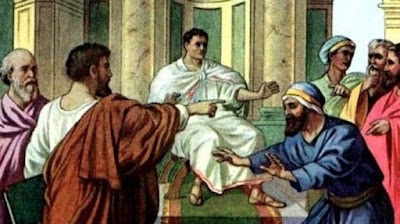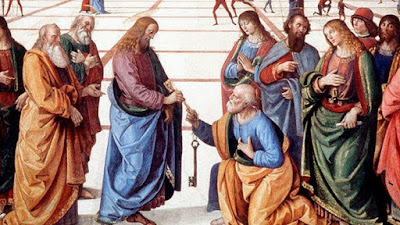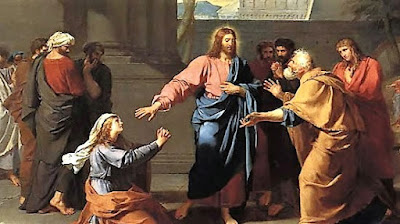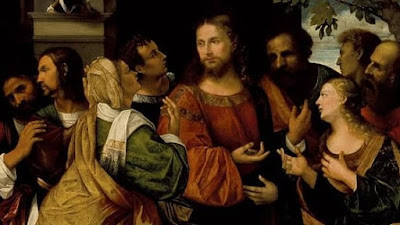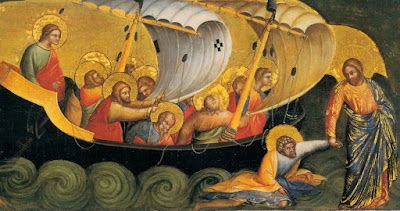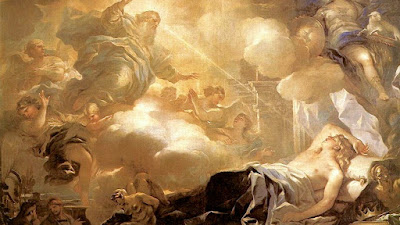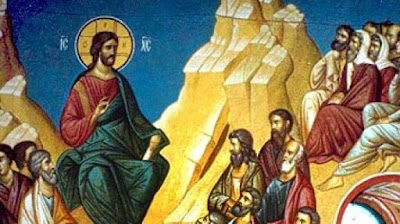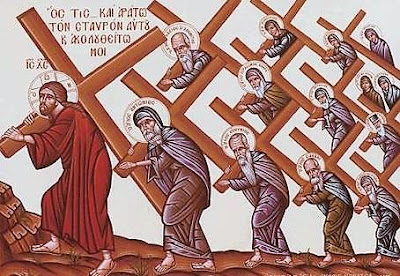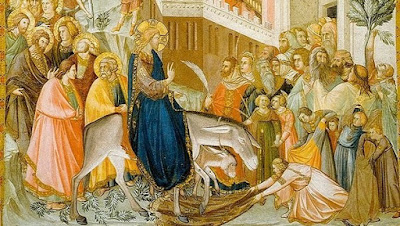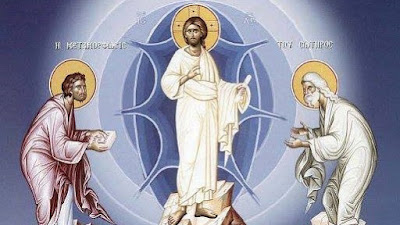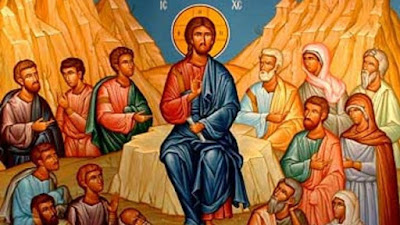Homily for the 25th Sunday in Ordinary Time, September 20, 2020, Year A
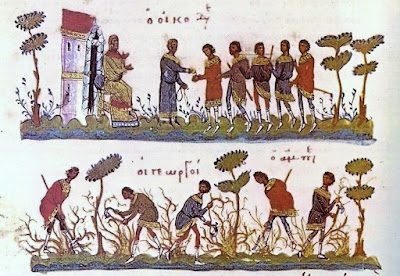
Fr. Charles Irvin Diocese of Lansing ( Click here for Sunday’s readings ) How often do you hear the cry “It isn’t fair?” It is, of course, a complaint you hear many times from children and teens. Students complain their teachers aren’t fair with their exams. Some adults and parents complain that giving grades on performance isn’t fair. How often do parents tell us that teachers aren’t fair? And what about university admissions policies, are they fair or unfair? The Hurricane Katrina disaster brought forth a host of concerns about fairness. So, too, in follow-ups from other natural disasters. Capitalism, we are told, isn’t fair. In the name of fairness, socialism and communism were tried and found not to be fair. The Church, we are often told, isn’t fair. The way it treats women isn’t fair, we are told. The way it appoints bishops isn’t fair. The way it treats victims of abuse isn’t fair, nor is the way it deals with priests who have broken the law and grievously sinned
